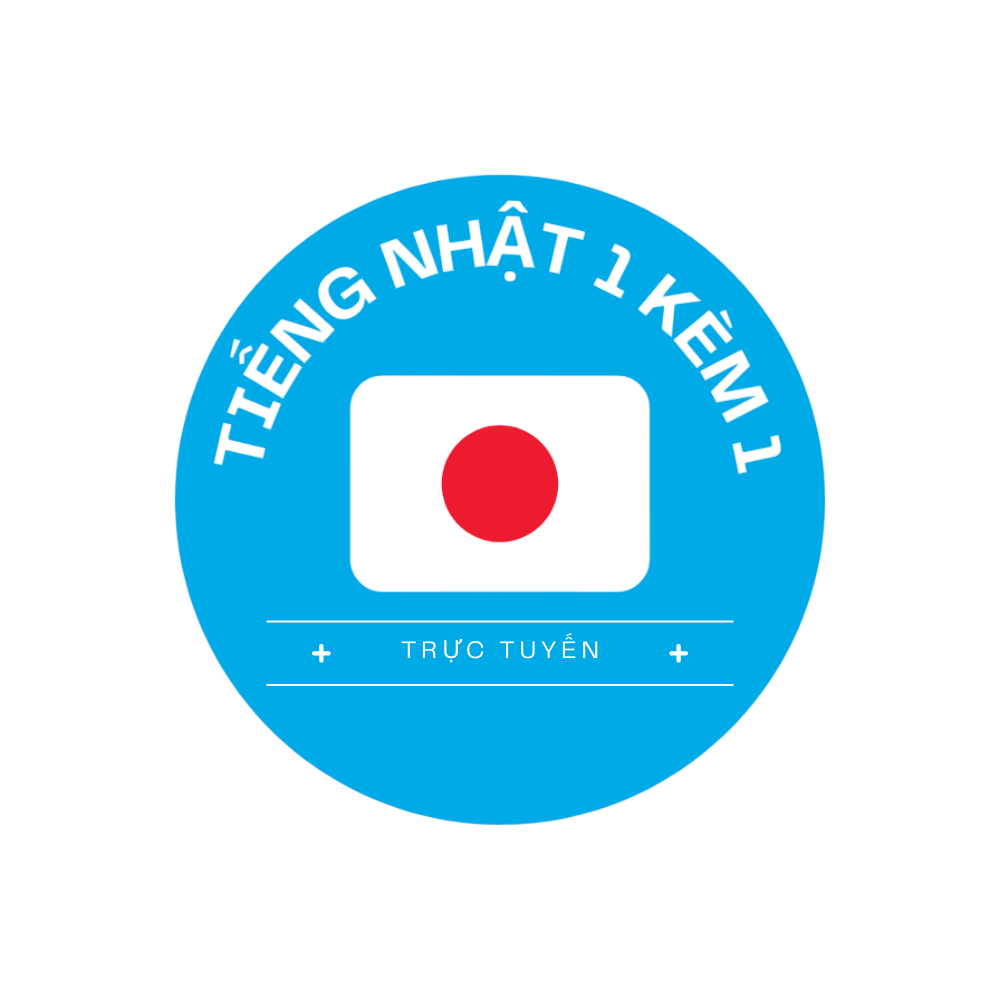Cognitive enhancers have surfaced as a hot topic in the world of cognitive science. Whether you’re hustling through college exams, grinding in a startup, or just trying to think clearer, nootropics offer to boost your brain.
So, what are nootropics really? They’re substances—natural or synthetic—that are believed to improve cognitive function. They aim to help you with memory, focus, creativity, or even motivation
## Breaking Down Nootropics
Let’s explore the main types of nootropics:
### Plant-Based Enhancers
These include things like herbal extracts, vitamins, and adaptogens. Some top names here: Bacopa Monnieri, L-Theanine, and Lion’s Mane Mushroom. These are known for helping with memory, reducing brain fog, and calming the nervous system.
One cool example: Lion’s Mane, which helps rebuild nerve cells in your brain.
### Lab-Made Cognitive Enhancers
You’ve probably heard of Modafinil—it’s the productivity pill from Silicon Valley. These aren’t your average supplements—they’re legit pharmaceuticals, often prescription-only.
Modafinil gives you the focus of a monk—minus the robes.
### 3. Nutraceuticals & Vitamins
Some nutrients are critical for your brain to work optimally. Key players here include Omega-3s, vitamin D, B12, and N-Acetyl L-Tyrosine. Even dehydration or lack of electrolytes can dull your cognition.
## Mechanisms Behind the Magic
Let’s talk chemistry They tweak your dopamine, acetylcholine, and serotonin pathways. All of this boils down to clearer thinking and better memory retention.
Acetylcholine is like the Wi-Fi of your brain—faster and more connected.
## Benefits of Nootropics
Here’s what users report:
– Improved memory
– Less procrastination
– Enhanced mood and motivation
– Quicker grasp of complex concepts
– Reduced anxiety and stress
Your mileage may vary, but many report feeling “switched on”.
## The Flip Side
Nootropics aren’t all sunshine and genius. Side effects can include nausea, anxiety, or irritability. Synthetic nootropics, especially, should be used with caution.
The supplement industry isn’t well regulated. Be wary of miracle-pill marketing.
## Combining for Maximum Effect
A popular practice is stacking—combining multiple nootropics for synergistic effects. Examples include:
– **Caffeine + L-Theanine**: Energy without the jitters
– **Modafinil + Alpha GPC**: Long hours of work + memory boost
– **Bacopa + Rhodiola + Lion’s Mane**: Stress reduction + mental clarity + neurogenesis
Don’t want to DIY? Brands like Mind Lab Pro and Alpha Brain already did the math for you.
## Who Uses Nootropics?
You’d be surprised who’s popping these pills. Common users include:
– Med school warriors
– Startup founders pulling 16-hour days
– Twitch streamers leveling up
– Authors trying to get in flow
– Older adults preventing cognitive decline
## Smart First Steps
Curious but cautious? Good. Follow these steps:
1. **Start small**: Begin with basics like L-Theanine or Omega-3
2. **Research thoroughly**: Know what you’re putting in your body
3. **Cycle your usage**: Take breaks to avoid tolerance
4. **Track your results**: Use a journal or app
5. **Talk to a doctor**: Especially if mixing with medication
## Wrap-Up
Nootropics aren’t magic pills, but they’re not pure hype either. With the right mindset and care, nootropics can be part of a smart productivity plan.
So, are you ready to hack your brain?
Read more: omeka.net (best nootropics cognitive enhancers)

